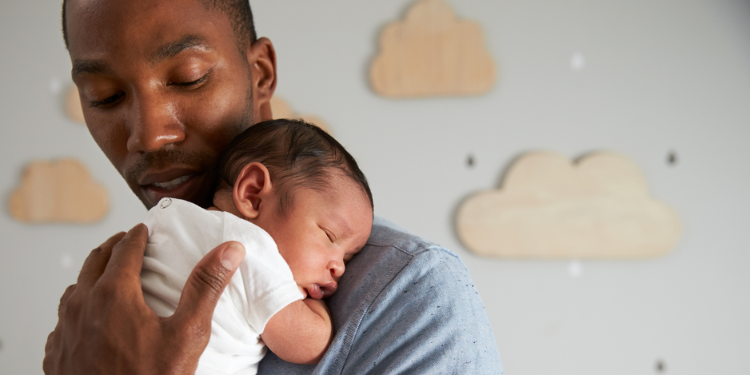
Globally, parenting aims at nurturing responsible and productive members of society. But the definition of a kind and successful citizen differs from culture to culture, depending on the ethics and moral values. Is your child-rearing flexible or do you implement discipline? Do you impose your ideas or let your child to discover their talents creatively? Expat.com has put together some of the most interesting parenting practices to show you child raising from a different perspective.
Co-sleeping

In most western societies co-sleeping is one of the most controversial topics related to parenting, and it has received negative criticism for both medical and cultural reasons. In particular, critics emphasise the hazards of suffocation and overheating, as well as the interference with the child's independence and the disruption of the parents' relationship. Due to its negative connotation, the practice of co-sleeping is rejected right off the bat by most new parents.
So, while this practice is frowned upon amongst many westerners, in much of Asia, Africa, Central and South America is the most natural thing to do. In fact, all these cultures consider co-sleeping a fundamental practice that promotes independence, boosts the immune system through frequent breastfeeding and fosters family ties that lead to a sense of security. For example, parents in Japan prefer to keep their child within arm's reach during the night to cater immediately to its every need before it starts to cry.
Of course, we should not fail to mention that in most non-western societies, lack of adequate living space has contributed to the adoption of this practice. Nonetheless, in the last decade, its benefits have started to gain significant support in the west where advocates promote co-sharing of a bedroom to eliminate the risks associated with bed sharing.
Potty training

The recommended age for toilet training in most countries is anywhere between 24 to 27 months. In the USA and Germany for example, toilet training is child-led and takes into consideration the physical and emotional readiness of the child. However, in other countries it is customary for children to be potty trained at as young as six months old. In Vietnam for example, parents pay attention to bladder and bowel movements since birth, looking for cues such as kicks, facial expressions, and specific sounds. Upon noticing any of these signals, the parent places the child on the toilet while whistling to ease the release. According to a study published in the Journal of Pediatric Urology in 2012, all children in Vietnam were potty trained before they completed their 24 months of age. Another noteworthy example is China, where children wear specially designed open-crotch pants allowing them to urinate and defecate as soon as they squat. Who needs diapers anymore?
Teaching independence

German parents stress the importance of independence from a very early age. It is a common practice to send toddlers as young as three-and-a-half years of age to spring three-day camps where they do foreign language and music activities. Japanese kids are also taught autonomy by being encouraged to run errands alone, do shopping, and even take the public transport on their own. It is not at all uncommon to see a four-year-old riding the metro to school all by themselves. Also, primary and secondary students in South Korea are expected to do much more during their hours at school than just attending classes — preparing and serving meals, tidying up the rooms (including the staff room), and cleaning the windows are all part of the daily routine.
Eating habits

How often do you catch your kid feeding its breakfast to the dog or you have to go through your child's meltdown during dinner? Even though you have carefully chosen kid-friendly recipes — and you have tried them all — nothing seems to satisfy your youngster's taste buds. South Korean parents have resolved this problem by serving to their children the same food they eat as adults. All family members sit down together and they all enjoy the same menu, which includes vegetables (especially kimchi, the signature of Korean kitchen), grains, seafood, and even spicy dishes such as tteokbokki. This practice exposes children to a variety of flavours, and helps them develop a desire for different ingredients from a very early stage.



















